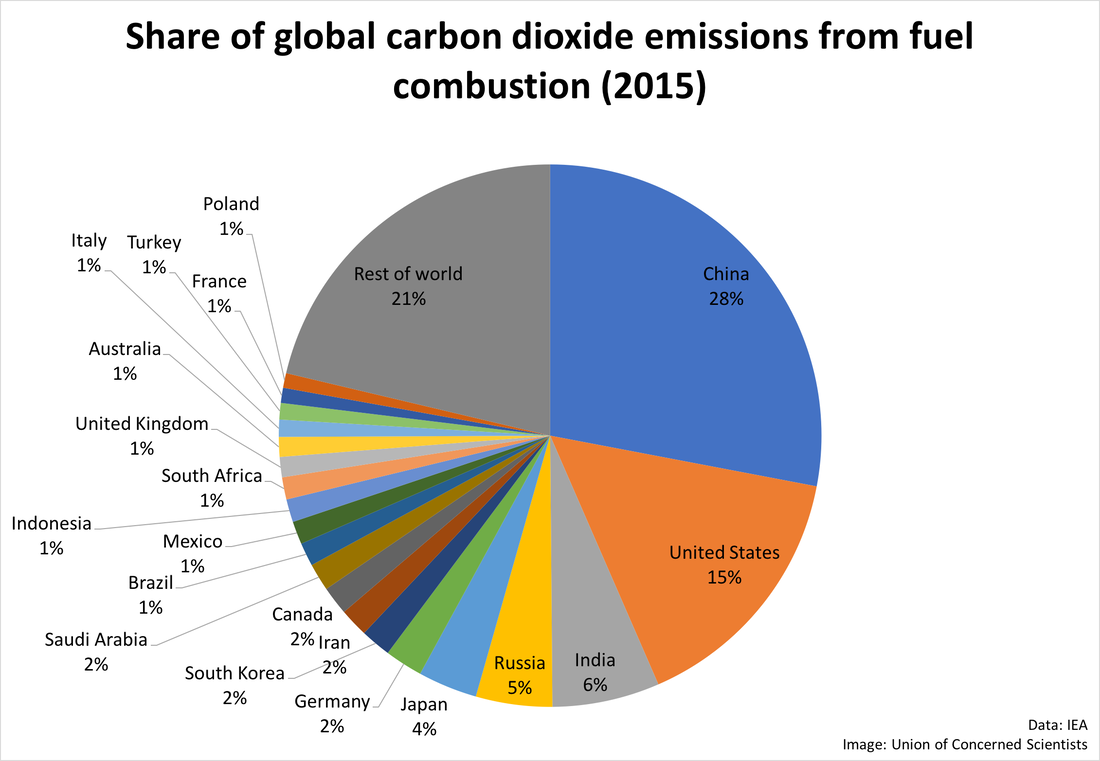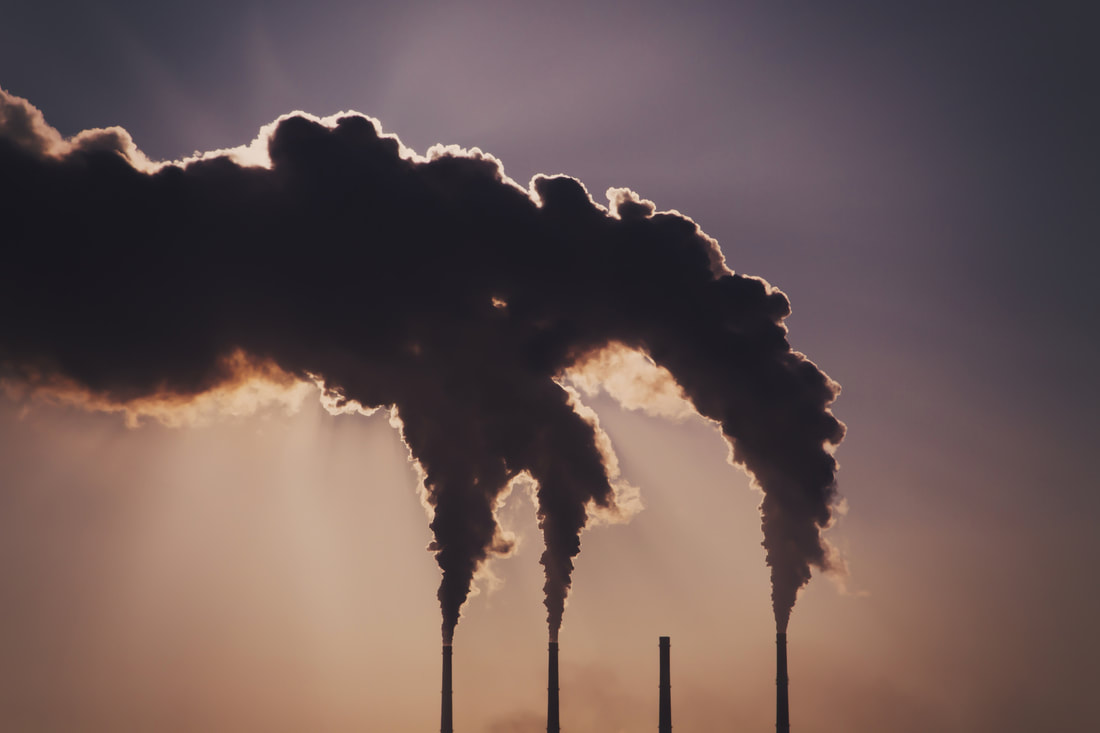ECONOMICS STUDY CENTER, UNIVERSITY OF DHAKA
|
Golam Sarowar From the very inception of industrial revolution, climate change has been a burning issue with the increased level of burning of fossil fuels like coal, natural gas and oil. Burning of fossils fuels started to add carbon dioxide and other greenhouse gases in the atmosphere which eventually contributed to temperature rise and leading to a number of unprecedented consequences to occur around the globe. A Research published in Environmental & Resources Economics warns that the world’s 100 poorest countries will be 5% worse off by the end of the century than they would have been without climate change wiping trillions of dollars from the global economy every year. Professor Richard Tol and Dr. Marco Letta disclose that climate change slows down the growth of productivity and eventually it affects economic growth as productivity is considered to be prime factor of long run economic growth. Poor countries have already experienced decline in their growth of GDP. As major portion of their GDP comes from agriculture sectors which is badly affected due to the climate change. Developing countries like Bangladesh and Haiti, where mean annual temperature is 25◦ Celsius will experience decline in per capita income by 15% due to 1◦ Celsius increase in temperature. At present about 60% of world population live in the countries where rise in temperature would result in pernicious effect. On the other hand, rising temperature of developing countries makes the location unattractive which makes foreign investor reluctant to invest in those countries and eventually it impedes capital formation of developing countries. World’s five leading emitter of greenhouse gas are China, USA, India, Russia and Japan who contribute 60% of the world’s total carbon emission. They put the developing countries at risk for their own development. US President Donald Trump has assured that they will no longer be a member of Paris agreement and by leaving the agreement, he threatens the sustainable development goal of UN as they are second largest emitter of Carbon in the world. Sustainable development means serving the need of present generation without compromising the capacity of future generation and ensuring balance between economic growth and environmental conservation and social well-being. Climate change is the biggest impediment for sustainable development as sustainable development is the only solution to deal with the severe impact of climate change. If the nations move forward to the Paris agreement then world GDP would fall only by 15% and temperature would increase by 3 degree Celsius, but in case no action is taken, temperature is supposed to be increased by 4 degree Celsius and GDP is to fall by 25% by 2100. According to environmental and social outlook 2018, climate change threaten 1.2 billion jobs. Agriculture, fisheries, forestry and industries will be in danger. Natural disasters have taken away 23 million working lives since 2000. Climate change is the major problem around the globe as it causes damage to human being and environment and its impact is very much terrible and prolonged. Since all the countries across the globe are directly or indirectly affected by the threat of environmental change. Due to its geographical locations and features Bangladesh is very much vulnerable to the threats of climate change. About 88% of the total landmass consists of floodplains, sitting in a delta. If the average sea level rises, almost 14% additional area of the country may be highly vulnerable by floods in 2030. According to the recent report, rising temperature causes great damage to the economic growth in poor countries and at the same time it has a sweeping impact on reducing agricultural output, industrial output and political stability. Furthermore, internal development factors also facilitate to make environmental threat more intense which include population density, high poverty and inequality, weak infrastructure, and limited integration of disaster into planning. Bangladesh government has taken substantial initiatives including the implementation of green finance project to fight against the sprawling rise of climate change, to face the dangerous effects of climate change. In line with that Bangladesh has formulated Bangladesh climate change strategy and action plan with engagement of various stakeholders for the adoption and development of low carbon. Bangladesh has formed the strategy with help of United Nations Environment Program (UNEP) to manage the environmental challenge that Bangladesh will be experiencing in the path of development. It pics out the priority strategy areas like environment, resources and disaster management and articulate the action needed for the sustainable development. However, despite these initiatives we are still in a critical situation of environmental change. Injudicious use of agro-ecosystem and salinity intrusion in wetlands and water resources posing a sever threat to the agricultural productivity and food scarcity. Poorly planned economic and development activities making cities and towns unlivable and limit the carrying capacities of ecosystem and hinterlands. With the existing growth rate, population of Bangladesh will be doubled by 2050 with some 270 million and economy and ecosystem will severely be affected. The UN and the global development community have announced sustainable development goals for the post 2015 development agenda. The Rio+20 conference on sustainable development, inter alia, reaffirmed the principles of the Rio declaration on Environment and Development. In the light global commitment towards sustainable development, Bangladesh also focuses on assuring sustainable production and consumption as well as focuses on environmental sustainability. In 2018 April- June quarter total amount invested in green finance by Bank & FIs amounted TK 26237.75 million and sanction on green finance 1.43% of total sanction and disburse 1.17% of total funded loan disbursement. The primary challenge for Bangladesh is to increase fund proportionately in order to create sustainable environment for the economy and social development of the country and ensure well-being of the people, especially the poorest and most vulnerable groups in the society including women and children. The most desirable vision of Bangladesh government is to eradicate poverty and ensure equal prosperity for all people which might be achieved with pro-poor climate change strategy and also follow the path low carbon emission through the adoption of new technology and shift to the green industry in line with the international provision.
2 Comments
Anam
8/7/2019 02:10:23 pm
Good job bro....
Reply
Sarowar
8/11/2019 08:20:55 pm
Thanks bro
Reply
Leave a Reply. |
Send your articles to: |




